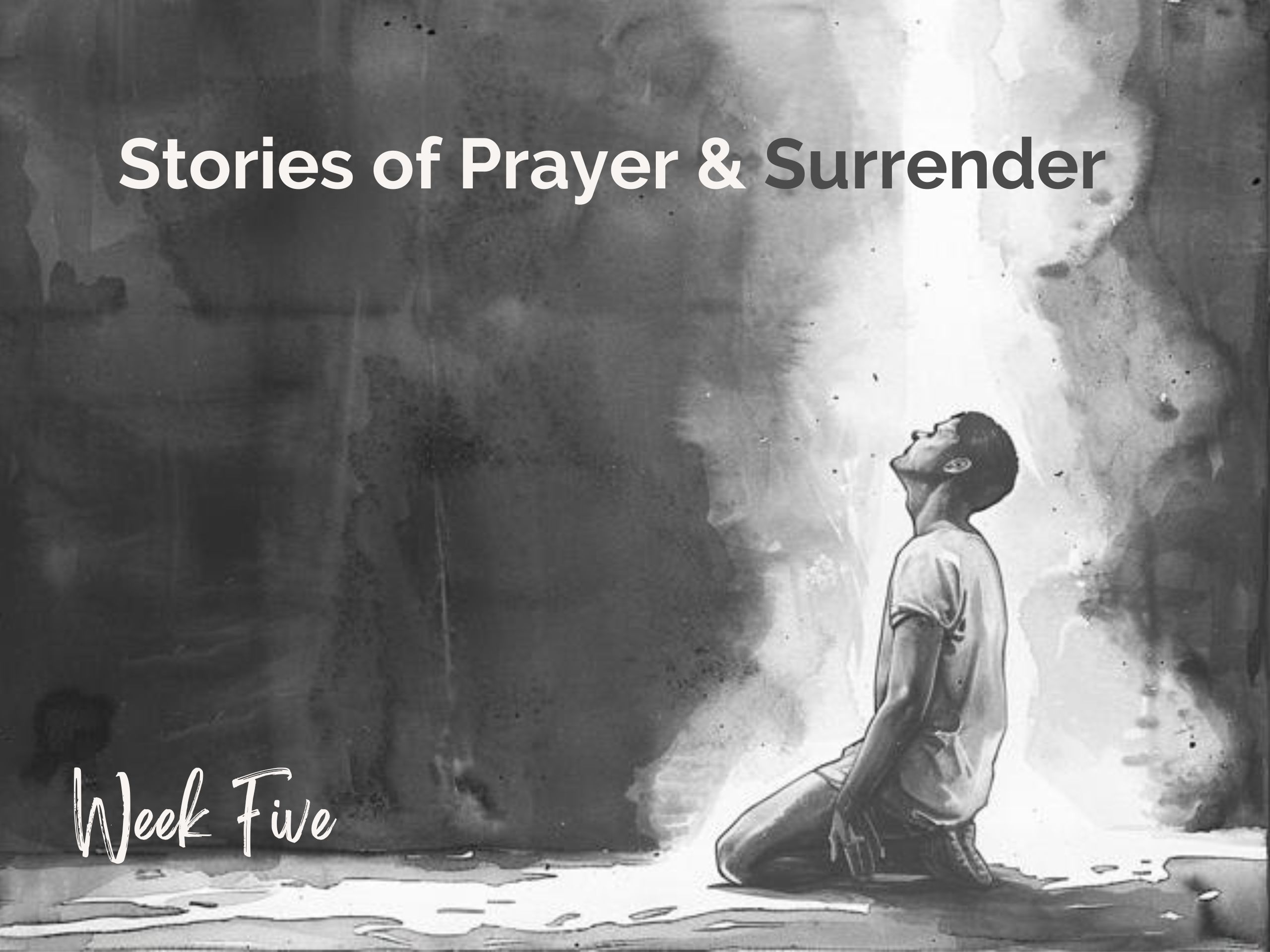The Publican
is you at your worst, yet closest to heaven.
In Jesus’ famous parable of the Publican (or Tax Collector) and the Pharisee, the Publican is the one Jesus commends. The Pharisee stands in the front row of the temple and offers a “prayer” that is only a formal enumeration of his pious acts, while the Publican stands “at a distance,” beating his breast and murmuring, “God, have mercy on me, a sinner.”
Then Jesus delivers the staggering blow to religion as we know it. “I tell you, this man [the Publican] went home justified before God rather than the other. For those who exalt themselves will be humbled, and those who humble themselves will be exalted” (Luke 18:9-14).
The problem is, no one really believes that. The Pharisee, of course, is the upstanding citizen, the model churchgoer, and the Publican, who worked for the hated Roman oppressors, is roughly equivalent in our world to the drug lord, the human trafficker, the person you’d shudder to see on the street. Jesus can’t be serious about exalting him. Forget that. We all want to be some version of the successful Pharisee, so that we never end up like that breast-beating villain. How could it be any other way? And yet, if we want to be justified before God, we’ve got it dead wrong. We must be the Publican.
I’m not suggesting we should try to be drug lords, but I think we owe it to ourselves to at least be honest. Jesus doesn’t mean we should just be better Pharisees—be a little more humble about our pious achievements. He means this: God is closer to the penitent drug lord than to the model church-goer. Just sit with that.
I don’t know, fellow Pharisees, how we work our way out of this mess, but I think there’s a chink of hope about the size of a needle’s eye. Maybe, if we’re lucky enough, after doing the Pharisee dance for forty or fifty years, we fall. Our piety collapses, our private sins go public, something cracks deep inside. The lives we constructed feel like a total façade. For just that moment, we are the Publican and we know it. It’s the moment of surrender, salvation. We usually go back to the Pharisee thing, but once we’ve had the Publican moment, we never forget it. We can always find our way back.
COMPANIONS ON THE WAY
Introduction
Stories of Turning
Week One
Stories of Wild Places
Week Two
Stories of Dogged Faith
Week Three
Stories of Mercy & Forgiveness
Week Four
Stories of Simplicity & Joy
Week Five
Stories of Prayer & Surrender
Week Six
Stories of Transforming Love

“I don’t know, fellow Pharisees, how we work our way out of this mess.” And a fine mess it is (paraphrasing Laurel and Hardy). I think I get Jesus’s point that self-righteousness gains us nothing but at some point it’s unhealthy to live a self-loathing life. These parables are like a Picasso, bold and stark and unforgettable in their impression but a little light on the nuance. And maybe that’s the point; Jesus’s followers have a lot of leeway to work out the nuance. The journeys are not all going to look alike and a picture-perfect faith is not a goal but a warning flag.
You’re right that these parables are writ large and often hyperbolic. I think the point Jesus emphasizes is not so much that self-righteousness isn’t helpful to the soul (so the moral of the story is: Be less self-righteous), but that he is trying to shake people into a radical reality–trying to offend them, really, to get their attention, telling them something like, ‘Something inside you has to break down. You have to be spiritually cut off at the knees.” That’s very different than a plan to reduce one’s self-righteousness (because we can see where that leads).
Put another way, I think our usual interpretation of this parable (and I did it for years in the pulpit) is to make it a little more manageable, whereas I think it’s better to just let people take in the full brunt of the parable and sit with it, without moving too quickly to an “application” (i.e. How should we try to apply this to our lives this week?). Now, of course, I did just that at the end of my post–offered a way to “apply” this. But–I guess I’m still a pastor, is all.
Good point, John–I apply the parable to my life by supplying the missing nuance.
I am going to “sit with” this… & with the discomfort.
Thank you, David.
That’s good–you sit with the discomfort until it isn’t so uncomfortable anymore. That’s grace at work.